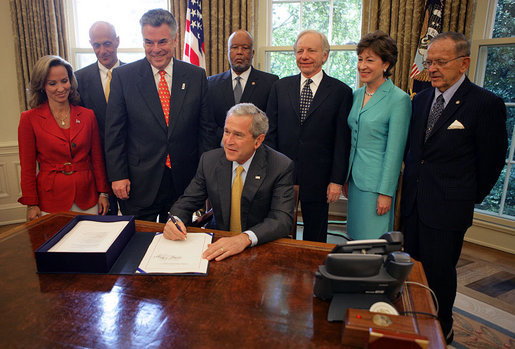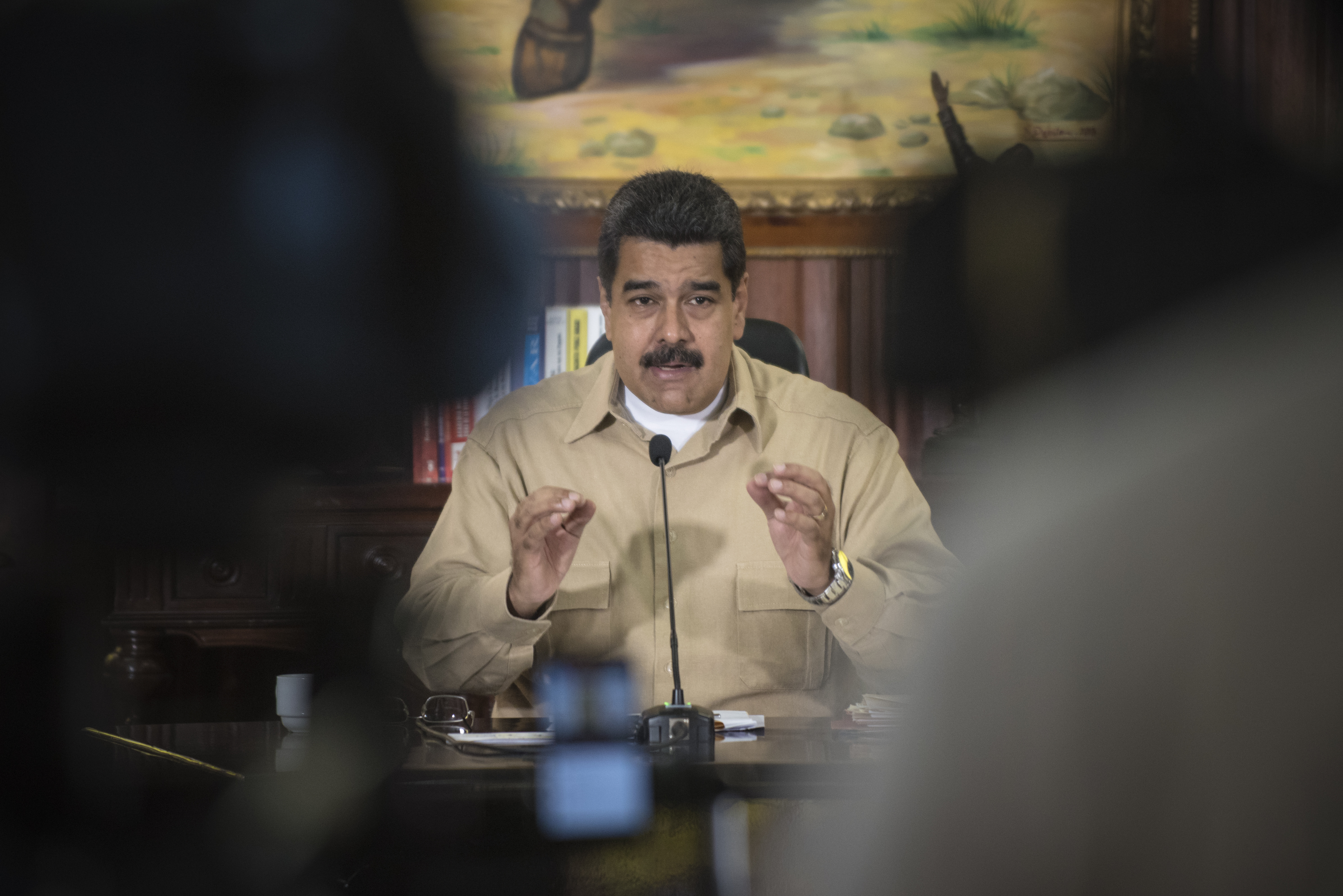What the 9/11 Commission Report Had to Say About Congressional Oversight
As longtime Lawfare readers know, I often take a moment around the anniversary of the 9/11 attacks to reflect on some current issue of national security law and policy significance. I do this, in part, to mark the anniversary itself.

Published by The Lawfare Institute
in Cooperation With

As longtime Lawfare readers know, I often take a moment around the anniversary of the 9/11 attacks to reflect on some current issue of national security law and policy significance. I do this, in part, to mark the anniversary itself. As I noted two years ago, as time moves on, there are many working in the national security field currently—whether in government, academia, think tanks, advocacy organization and journalism—who did not experience the attacks and the legal and policy changes that followed in a professional capacity. For those of us who were working in the field of national security at the time, our professional lives were shaped, in significant part, by the attacks themselves, and the work that followed. The anniversary also serves as a useful time to bring awareness to the many lessons of the 9/11 Commission Report, which was issued in 2004. With each passing year, I continue to marvel at the report’s continued relevance, even as the threat landscape shifts.
This year, Congress is on my mind. And given a current political environment that has, unfortunately, pulled intelligence matters into the political arena, Congress’s role in intelligence oversight is of heightened importance. In light of today’s global national security challenges, and accompanying importance of U.S. government policymakers basing decisions on sound information, America needs a Congress capable of and devoted to meaningful intelligence oversight.
As is often the case on matters of continued relevance to the intelligence community, the 9/11 Commission had something to say about the role of Congress in intelligence oversight:
Of all our recommendations, strengthening congressional oversight may be among the most difficult and important. So long as oversight is governed by current congressional rules and resolutions, we believe the American people will not get the security they want and need. The United States needs a strong, stable, and capable congressional committee structure to give America’s national intelligence agencies oversight, support, and leadership (9/11 Report, p. 419)
And, this:
“…[c]ongressional oversight for intelligence-and counterterrorism-is now dysfunctional. Congress should address this problem.” (p.420)
I question whether it would be fair to characterize today’s congressional intelligence oversight as “dysfunctional.” There are a few bright spots, notably, the seriousness of purpose with which the Senate Select Committee on Intelligence has conducted its investigation of 2016 Russian election interference. But it is no secret that there are serious challenges. In 2014, the former 9/11 Commission chairmen issued a follow-on report in coordination with the Bipartisan Policy Center. They highlighted outstanding counterterrorism issues and pressing policy gaps involving cybersecurity. They also drew renewed attention to the lack of action on their recommendations concerning congressional oversight; in particular, the oversight of the Department of Homeland Security and the continued bifurcation of the intelligence oversight process from the intelligence budget process.
Recent years’ experience—from major leaks of classified information and renewed questions about the effectiveness of oversight conducted behind closed doors, to the stresses placed on the committees given the scope of their responsibilities in relation to their size and capabilities, to recent bipartisan concerns about politicization of intelligence matters—highlight the importance of strengthening Congress as an institution, including its work on national security and intelligence matters. The 9/11 Commission’s tailored recommendations for changes to the structure of congressional intelligence oversight may or may not be the right changes for the current time. But the commission’s devotion to tackling hard problems in the intelligence arena remains an inspiration, and the commission’s call to action to update and modernize congressional intelligence oversight is as relevant as ever.




_c.jpg?sfvrsn=9bbcc085_3)
